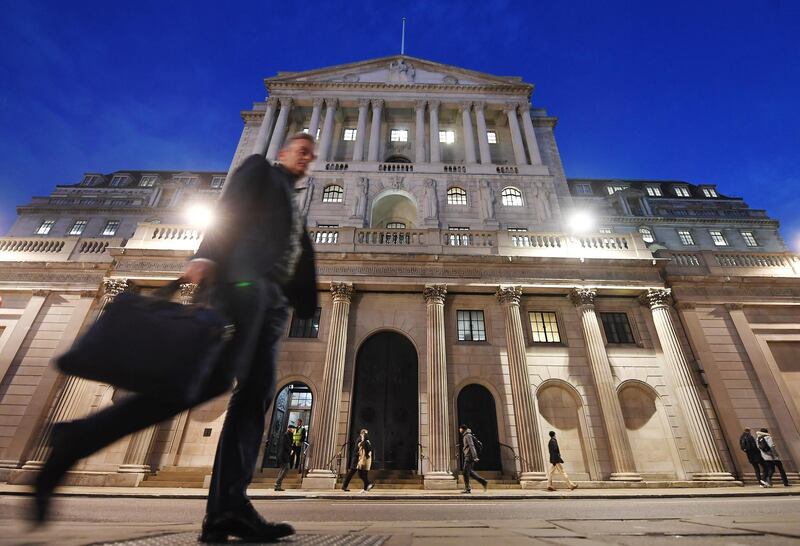A British report has said a dramatic rise in cashless payments could push the country’s coins and paper money system into collapse as a result of slumping volumes.
Financial authorities and the government were urged to plan for a future with less cash to support those reliant on hard currency, as digital transactions rise and banks close. There are fears the UK’s cash infrastructure could collapse if not protected and the poor would be especially at risk.
“While most of society recognises the benefits of digital payments, our research shows that the technology doesn’t yet work for everyone,” said Natalie Ceeney, the chairman of an independent review has revealed.
“We can be more innovative in the way we enable cash access. We can develop digital payments technology in a more inclusive way. And we can re-engineer the cash infrastructure to make it lower cost and more sustainable, so that it can support cash for longer.
“We can’t wait long for action. Once infrastructure has gone, or communities have been harmed, rebuilding is very hard. But if we act now, we can take steps to stop harm happening, and prepare for a world of lower cash, without societal and economic damage,” she added.
More than 8 million people risked isolation and debt if Britain does not stop itself “sleepwalking” into a cashless society, an independent review has found.
According to Access to Cash, as little as one in ten transactions will be in cash in 15 years compared to six in ten a decade ago. In particular, those in rural areas with limited access to broadband and mobile connectivity would suffer.
Ms Ceeney, Britain’s former Ombudsman, said millions could face “significant harm” if they were left behind.
Guaranteed consumer access to cash, regardless of location, was recommended but so too was insuring 100 per cent of society could use digital payments.
According to Which? some 3,000 cash machines “vanished” in the UK in last six months of 2018.
"The complexity of this issue cannot be overstated, but the simple truth is that leaving the future of cash to be determined by market forces will not work,” said Nicky Morgan, the chair of the Treasury Select Committee.
The review was welcomed by the Bank of England, which said it would convene with key players to “develop a new system for wholesale cash distribution that will support the UK in an environment of declining cash volumes”.
“We are committed to cash. Although its use is declining, many people, including vulnerable groups, still prefer to use cash. It is important that everybody has a choice about how they make payments,” said Sarah John, chief cashier at the bank.







